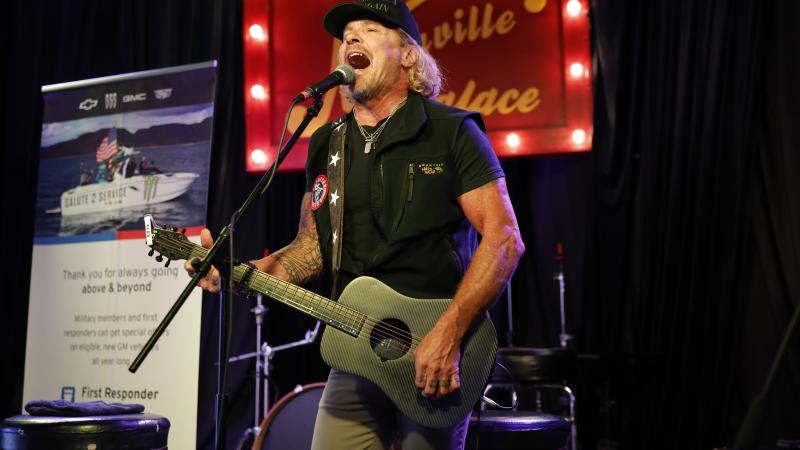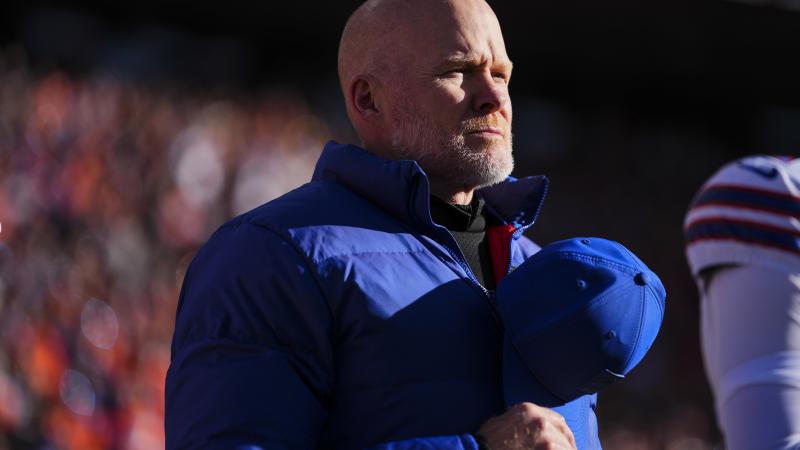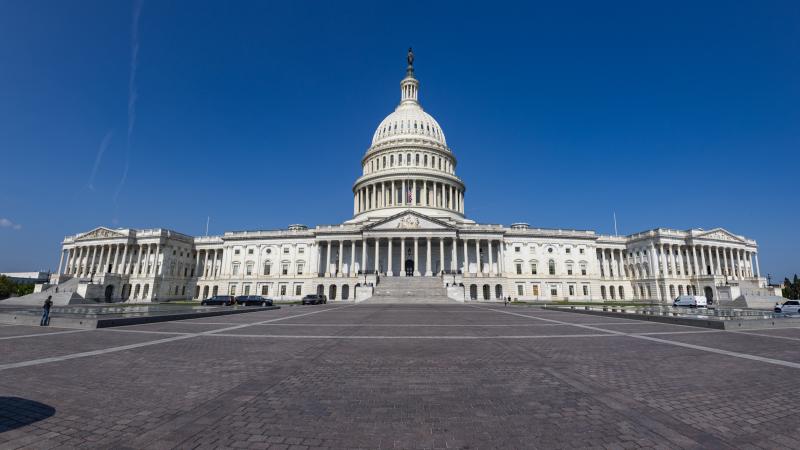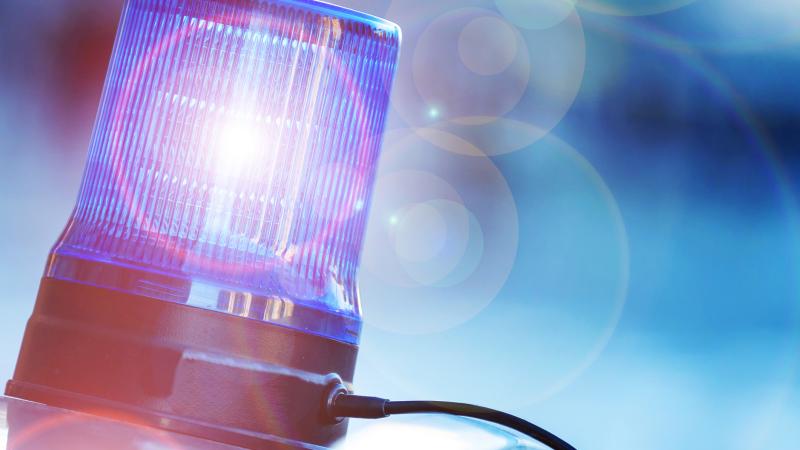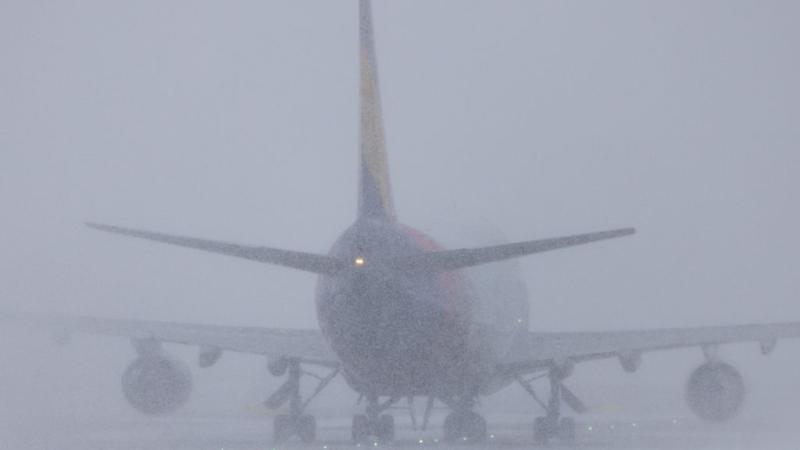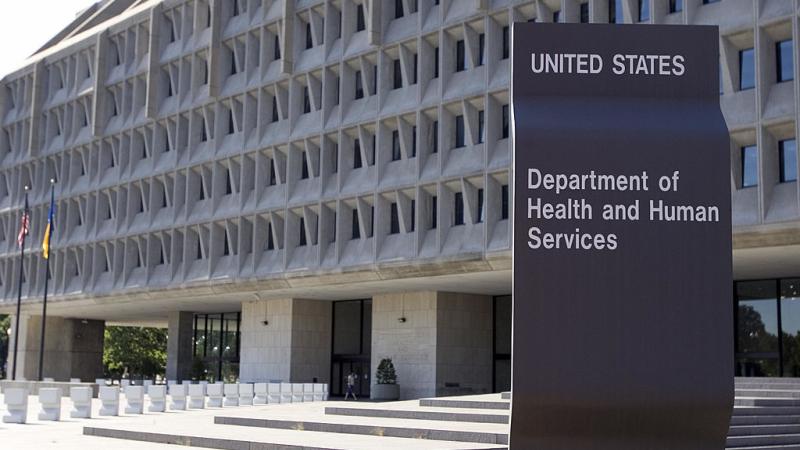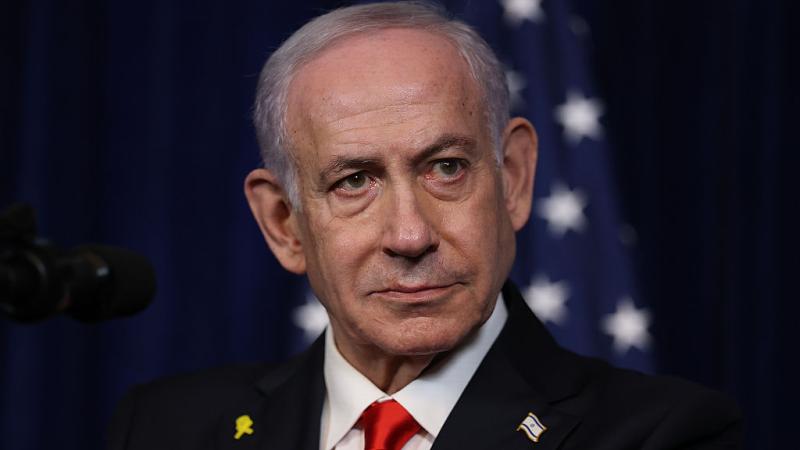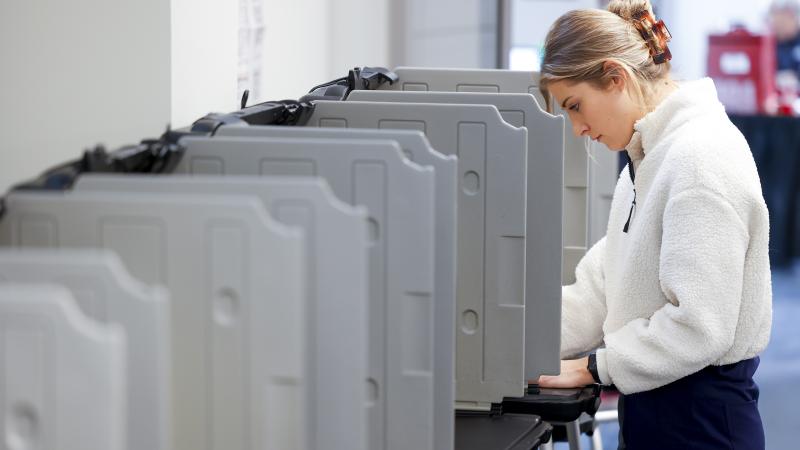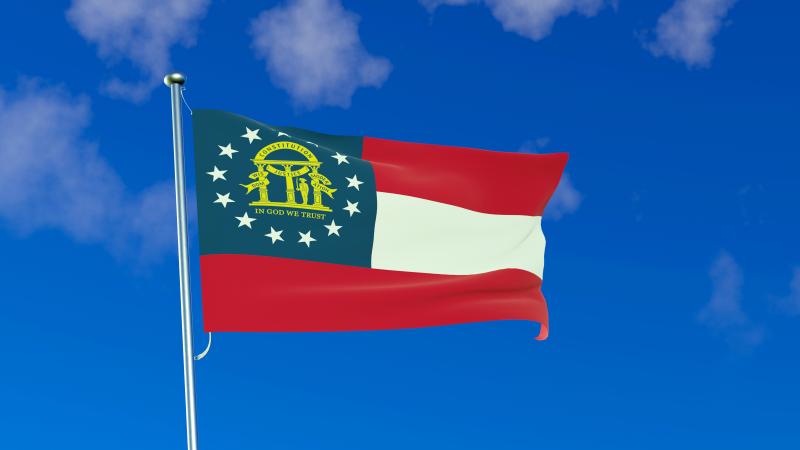NCAA must turn over evidence in Riley Gaines Title IX lawsuit, Biden judge rules, teeing up trial
Female athletes "actually allege a clearer connection" between the NCAA and Defense Department funding for concussion research, making the NCAA subject to Title IX, than the precedents they rely on, judge says.
The NCAA has a "Grand Alliance" with the Department of Defense to study concussions among "more than 53,000 student athletes and service academy cadets & midshipmen."
That relationship could knock the student athletics nonprofit into a far-reaching settlement with female athletes who claim it's bound by Title IX via the DoD and committed sex discrimination against them by letting males compete in their sports on the basis of gender identity.
A federal judge refused to wholly dismiss the lawsuit against the NCAA by 19 current and former collegiate athletes led by former University of Kentucky swimmer and women's sports activist Riley Gaines, complementing the Trump administration's use of federal funding obligations to ram through its higher education agenda without Congress.
A Department of Education attorney in the first Trump administration credited the Biden administration with giving President Trump's second term vastly more regulatory runway than it has wielded in its first eight months, warning colleges of much bigger threats.
Harvard's new "heightened cash monitoring status," which requires the Ivy Leaguer to pay federal student aid out of its own pockets before drawing funds from the government, shows federal student loan eligibility could be the next "shoe to drop," consultant Jonathan Helwink wrote in Inside Higher Ed.
In its haste to take down for-profit colleges, the prior administration enabled its successor to "come out swinging against traditional public and private institutions" using the same "regulatory overreach," he wrote. Few colleges can withstand a costly fight when the feds have successfully shuttered colleges "based upon far weaker versions of the current regulations."
The Department of Health and Human Services made good on Helwink's prophecy Monday by referring Harvard for suspension and debarment proceedings, under which it could lose federal funding at large, for alleged "deliberate indifference" toward antisemitism since the Oct. 7, 2023, Hamas terrorist attacks on Israeli civilians.
In the case led by Gaines, U.S. District Judge Tiffany Johnson ordered the NCAA to respond to the plaintiffs' Title IX claims by Oct. 9, to be followed by 90 days of "limited discovery" to determine whether the NCAA is a "recipient" of federal money under Title IX through the DoD partnership.
The 19 female athletes – including San Jose State University women's volleyball co-captain Brooke Slusser, allegedly targeted for injury by her male teammate Blaire Fleming – "actually allege a clearer connection between the NCAA and the DoD money" than do precedents upon which the plaintiffs relied, the President Biden nominee said.
The Supreme Court distinguished between commercial airlines and airport operators as entities that "indirectly benefit" versus "indirectly receive assistance," respectively, insulating the former from federal disability obligations.
Under that logic, the 3rd U.S. Circuit Court of Appeals greenlit Title IX claims against the NCAA by a graduate student barred from competition, because she sufficiently alleged it "effectively controlled" two federally funded youth sports organizations made up of NCAA employees and members, which NCAA itself touted as its "best kept secrets."
NCAA chief medical official called DoD money an 'award'
Legal discovery is typically followed by settlement talks, and the female athletes' lawyer, William Bock — a regulatory heavy-hitter also representing them at SCOTUS in support of Idaho's ban on males in female competition — told Fox News the NCAA would have to agree to a legally enforceable ban on its transgender policy to avoid trial.
While the NCAA insists the lawsuit is moot because its current policy "aligns" with Trump's "order" – singular – Bock said the "only way" his clients would settle is through a consent decree preventing NCAA from resurrecting them in the event Trump's two executive orders against gender identity and males in female sports were rescinded.
Even a consent decree is the "priority," not necessarily the only condition for settlement, Bock emphasized. Gaines and the others are also seeking mandatory sex testing to stop repeats of male athletes competing against females since the NCAA rule change, as happened at Swarthmore and Ithaca College.
The NCAA didn't argue against the legal standing of the female athletes for "retrospective damages" covering the years 2022 to early 2025, when NCAA policy explicitly let males who identify as women compete against females, so Judge Johnson analyzed the merits.
Under the Grand Alliance, NCAA gives DoD data on student-athlete injuries and DoD gives it money for "education and research" on concussions in sports, allegedly $85 million so far. The NCAA identifies which institutions will do the research, both partners get the resulting research and NCAA uses it to revise "educational materials, protocols and rules."
Johnson said the plaintiffs weren't required to more specifically allege how "the NCAA itself receives the funds or otherwise controls the funds" or to line up allegations with those in the NCAA case over the two youth sports organizations.
If Bock's clients prove their claims, that's enough to "bring the NCAA under the purview of Title IX," the ruling says.
"Even if the Grand Alliance is a separate legal entity from the NCAA," as the NCAA "suggests" but the plaintiffs do not allege, the female athletes argue the NCAA uses DoD money for its research and "at least some portion" of that money was designated by the NCAA's chief medical officer as an "award" to mitigate long-term concussion effects.
"While it is unclear whether the federal government’s money ever rested in NCAA’s coffers, there is at least a plausible allegation that NCAA research was either directly or indirectly funded by the DoD and that the NCAA either directly or indirectly plays a role in deciding how those funds are used," Johnson wrote.
Just an 'unfortunate caveat'?
The judge dismissed non-NCAA defendants from the lawsuit: the University System of Georgia, two campuses and various officials, and the Georgia Tech Athletic Association, which enacted NCAA policies in hosting a 2022 women's championship in which male swimmer Lia Thomas took a trophy for fifth-place, for which Thomas and Gaines tied, and used the women's locker room.
Georgia's subsequent Riley Gaines Act prohibits colleges in the state from women's athletic competitions that allow male athletes, and it's unlikely the Georgia defendants will ignore or try to circumvent the law, Johnson ruled. She also sided with the NCAA in that it's not a state actor and hence didn't owe the female athletes a right to "bodily privacy."
The NCAA responded to Johnson's ruling by saying it and its members "will continue to promote Title IX, make unprecedented investments in women’s sports and ensure fair competition in NCAA championships."
Lawyer Bock told Fox News he'll appeal the dismissed claims.
LGBTQ news sources emphasized that most claims were tossed while minimizing the potential landmine set by Johnson that may compel the NCAA into making substantial concessions to defuse trial.
Them called the ongoing Title IX claims an "unfortunate caveat" in the ruling, while The Advocate trashed Gaines as a "failed" athlete despite tying with Thomas for fifth in the competition that prompted Gaines to become an activist.
Sports business publication Sportico appeared to emphasize the trees over the forest, analyzing in detail the claims that Johnson dismissed while writing off the Title IX green light because the judge used "cautionary language." It did not report that Johnson said the plaintiffs alleged a "clearer connection" between the NCAA and DoD money than in the supporting precedents.
The Facts Inside Our Reporter's Notebook
Links
- "Grand Alliance"
- lawsuit against the NCAA
- Harvard's new "heightened cash monitoring status
- Inside Higher Ed
- Judge Tiffany Johnson ordered the NCAA
- Brooke Slusser, allegedly targeted for injury
- insulating the former from federal disability obligations
- 3rd U.S. Circuit Court of Appeals greenlit
- representing them at SCOTUS in support of Idaho's ban
- told Fox News the NCAA would have to agree
- Swarthmore
- Ithaca College
- Lia Thomas took Gaines' fifth-place trophy
- Them
- The Advocate
- Sportico
